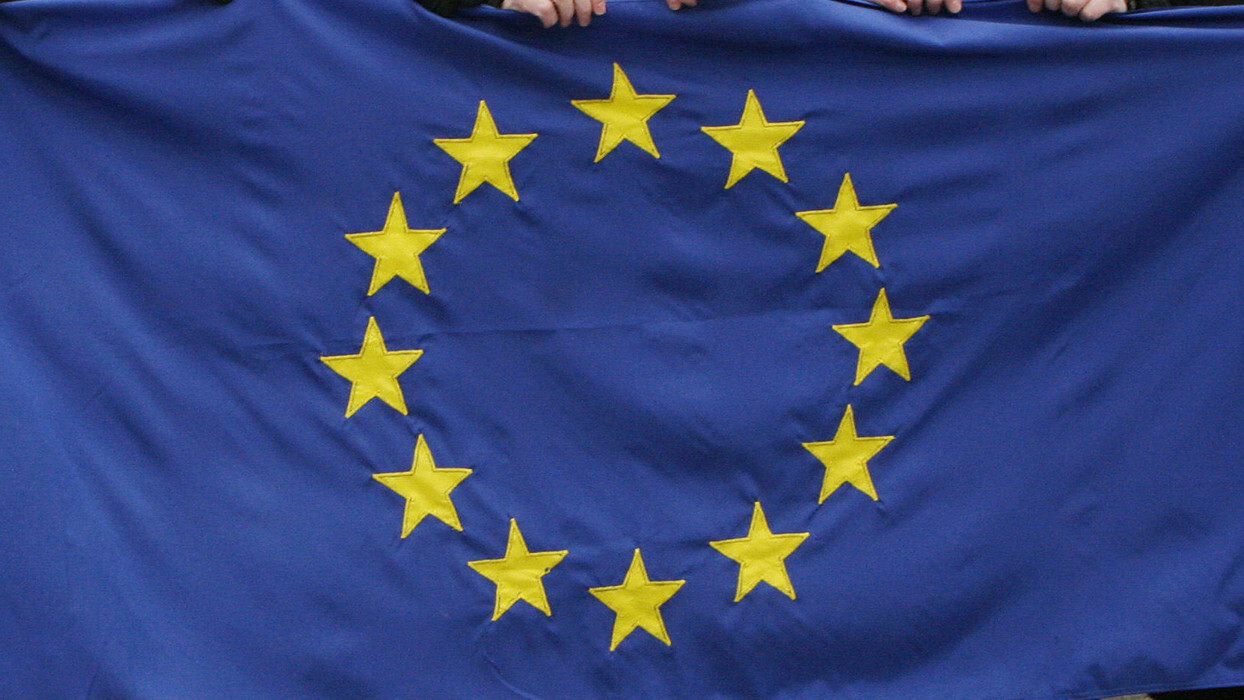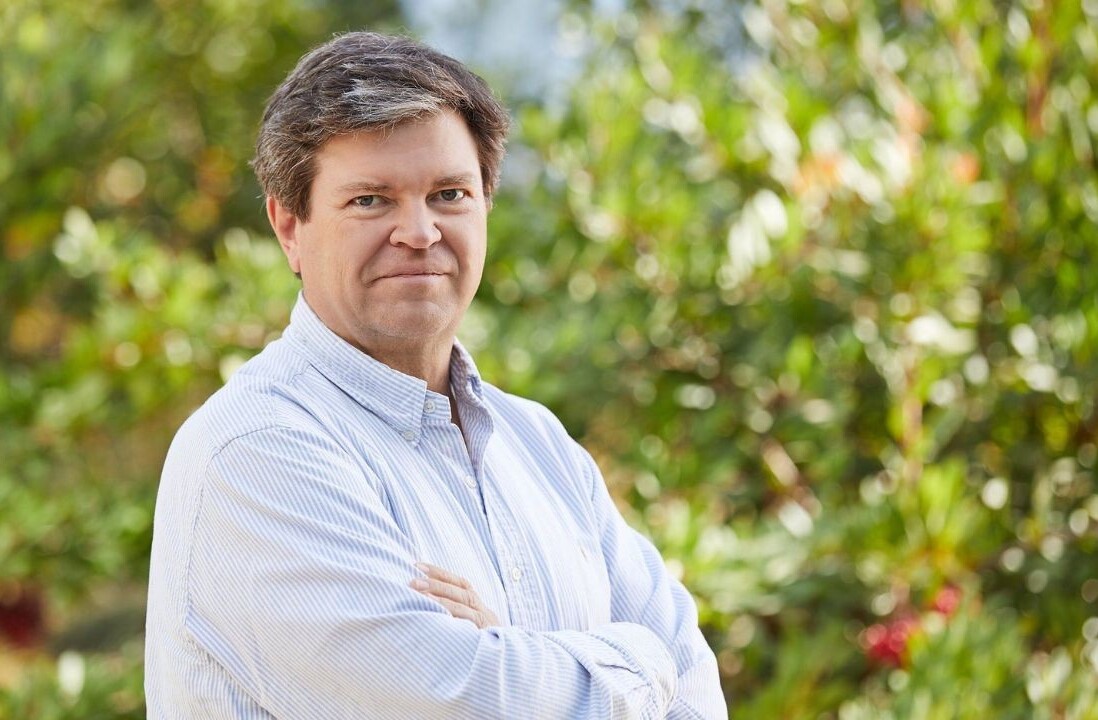
Eurostat, the statistical office of the European Union, has just released a selection of results from its survey on Information and Communication Technologies (ICT) use for 2012. The results show that the number households with broadband Internet access has grown at an exceptional rate.
In 2006 around 30% of EU27 households had access to broadband and in 2012, 72% of households have access. So it looks as though access in this region is fast heading for saturation.
The survey looks at the use of ICT in households in EU27 (countries that are member states of the European Union), Iceland, Norway, Croatia, Montenegro, Macedonia and Turkey and it covers Internet use, broadband connections, mobile Internet use, e-commerce and e-government.
A member state of the European Union is a state that is party to treaties of the European Union and thereby subject to the privileges and obligations of EU membership
The data published represents a small part of the full survey – more of the data sets can be found here under ‘data’. Eurostat says that the findings are used for monitoring EU policies such as the Digital Agenda for Europe, the EU’s strategy to help digital technologies deliver sustainable economic growth.
Although the number of households in member states has grown considerably between 2006 and 2012, there are some significant differences between countries.
The Netherlands, Luxembourg, Denmark and Sweden all saw shares of Internet access over 90%, but Bulgaria, Greece, Romania topped out at just over 50%, so there is some way to go before all of the countries involved are equal in access or see desirable levels of access for more people.
This patchy access is one of the issues that the European Commission is addressing as part of its refreshed to-do list for the Digital Agenda.
The European Commission VP Neelie Kroes described seven new priorities for the Digital Agenda at a press conference today, pointing out that although the digital economy is seeing high rates of growth, the underlying framework is also holding it back.
Need for speed
Faster connections are spreading though. According to the Eurostat report, in 2012, at least half of all households surveyed in every member state had a broadband connection. Sweden has the highest share of broadband connections with 87%, followed by Denmark and Finland at 85% each; the Netherlands with 83%, Germany 82% and the UK with 80% in 2011.
That’s good news for those countries as obviously broadband connections mean faster speeds and consumption or purchase of more in the way of media for streaming. That should indeed help the growth policies like the Digital Agenda, but there is still a long way to go for the whole of Europe to catch up.
It’s worth noting that the UK figures were calculated using data from 2011. More generally, the survey covered households with at least one person aged 16-74 and was mostly taken in the first quarter of 2012.
Some stereotypes stand
As part of the data gathering, participants were asked about the frequency of their Internet use and the activities they had carried out in the three months leading up to the survey. The responses showed some broad stereotypes relating to European culture. This is a contrast to the recent Opera State of the Mobile Web report which turned a few cultural assumptions around.
It’s not terribly surprising that emailing and finding information about goods and services were the top activities. Services and information are a priority across the EU27 for 2012.
61% of those surveyed said they read online news, 54% used Internet banking, 52% posted on social media and 50% used travel services. Interestingly with the rise of existing social networks, the creation of our own blogs and websites was less common with 9% taking on this activity.
It’s possible that with new social frameworks that don’t require formatting and design, that those who would formerly have created blogs, are now more likely to create short updates with a higher frequency.
Lithuiania and Estonia led the pack for consuming online news at 91% and 92%. France however, had the lowest proportion of online news readers with just 38%. That’s not to say the French don’t read the news, but it does seem that they are less tempted to consume the headlines online.
Finland was the leader for online banking and travel with 91% and 69% respectively. The reasons behind this high level of activity are not revealed in the survey, but it is fair enough to assume that if these services are accessible and available to users while being well designed and appealing, more people will take up the habit.
Portugal appears to be the most social nation in this survey with 75% posting messages to social media. At the other end of the social spectrum, France, 40%; Czech Republic 35% and Germany 42% were less likely to be posting to these networks.
So consumer level Internet access is certainly on the rise and there is hope that this will stimulate much-needed growth for the EU economy. But as this survey shows and standing alongside the observations of the EU Commission this morning, there’s still a lot of work to do in order to strengthen this sector if there is to be any real economic growth and change.
Image Credit: Dieter Nagl / Getty Images
Get the TNW newsletter
Get the most important tech news in your inbox each week.




